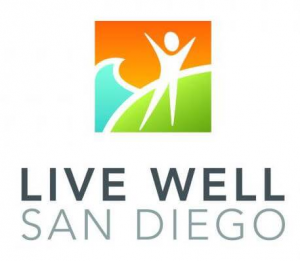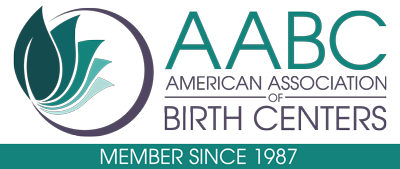 As we enter the months of September and October, which are respectively designated to bring awareness to ovarian and breast cancers, it’s a perfect time for a reminder of the importance of cancer screenings.
As we enter the months of September and October, which are respectively designated to bring awareness to ovarian and breast cancers, it’s a perfect time for a reminder of the importance of cancer screenings.
This year, over 20,000 women will be diagnosed with ovarian cancer and more than 280,000 will be diagnosed with breast cancer.
Unfortunately, there’s no simple way to prevent these cancers. The research on cancer prevention and treatment is still evolving and remains unclear in some areas, especially in the treatment of some types of ovarian cancer.
There are some lifestyle factors that may be protective (meaning, that may help lower your risk) against ovarian and breast cancers, but these factors are overall true of preventing most cancers and diseases in general – eating a balanced diet, exercising regularly, and avoiding smoking and drinking alcohol. Beyond these common ways to lead a healthy life, other risk reduction strategies are less one-size-fits-all, especially when it comes to ovarian cancer. There is evidence, however, that suggests breastfeeding reduces your risk of breast cancer (due to a reduction in estrogen).
Many of the risk factors for these cancers are things we simply cannot change, like our genetics and age (ovarian and breast cancers are more common as we age). So, what can we do?
Thankfully there are screening methods for breast cancer. It’s recommended that all women perform self-exams at home regularly to be familiar with their breasts. Self-exams may not detect signs of cancer, but they help to alert women to any breast changes, which can then be followed up on with a medical provider.
As always, annual well-woman exams are recommended, during which a provider performs a breast exam as well. Annual mammograms are a valuable screening tool and are typically recommended for women aged 40 and up, but recommendations do vary. If you have a family history of breast cancer, it’s highly important to discuss this further with your provider because there may be additional screening recommendations.
Unfortunately, screening for ovarian cancer is not so straight forward. It’s not something that would show up on a Pap Smear (which is an excellent tool for detecting cervical cancer) and there are no reliable screening tests at this point. There has been research and development in this area, but success is minimal at this point. Ovarian tumors are likely too small to feel in an external exam and an internal pelvic exam is also unlikely to reveal signs of ovarian cancer.
There are, of course, symptoms of ovarian cancer to be aware of (like abdominal bloating and pain, fatigue, and urinary urgency and frequency), but these symptoms are non-specific to ovarian cancer and can be easily overlooked. By the time you have significant symptoms, it’s also more likely the cancer has spread. Early detection is key, but only 20% of ovarian cancer cases are caught in the early stages, which offers the best prognosis.
Best Start’s providers are equipped to manage clients’ preventative health needs including cancer screenings. While we may be known best for our maternity services, our midwives are comprehensive healthcare providers that can see you for your well-woman exams. Let these important months be a reminder to take the time to check in with your health and be sure you are up to date with your preventative health care.





